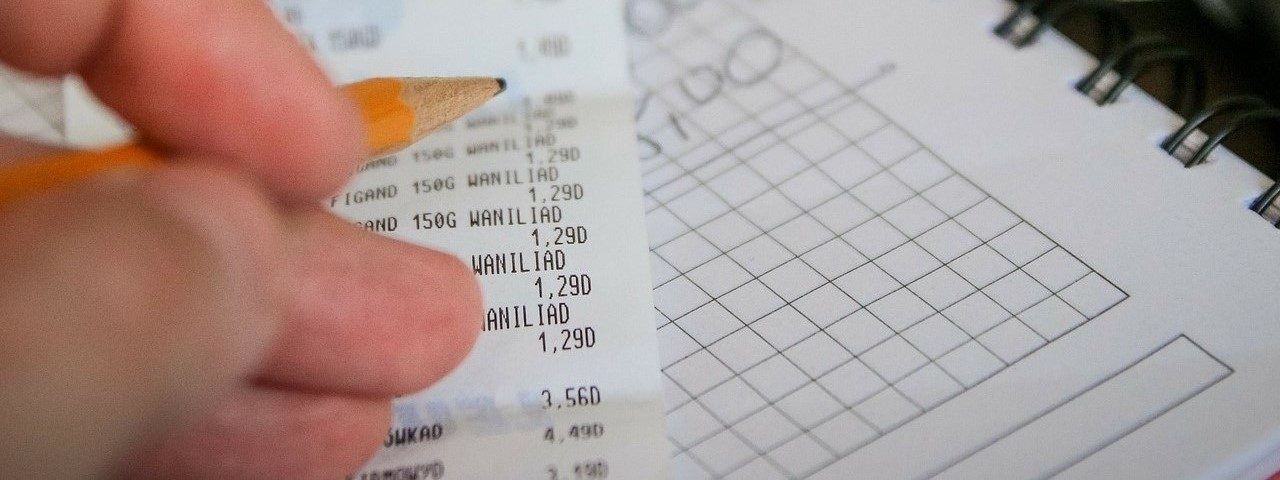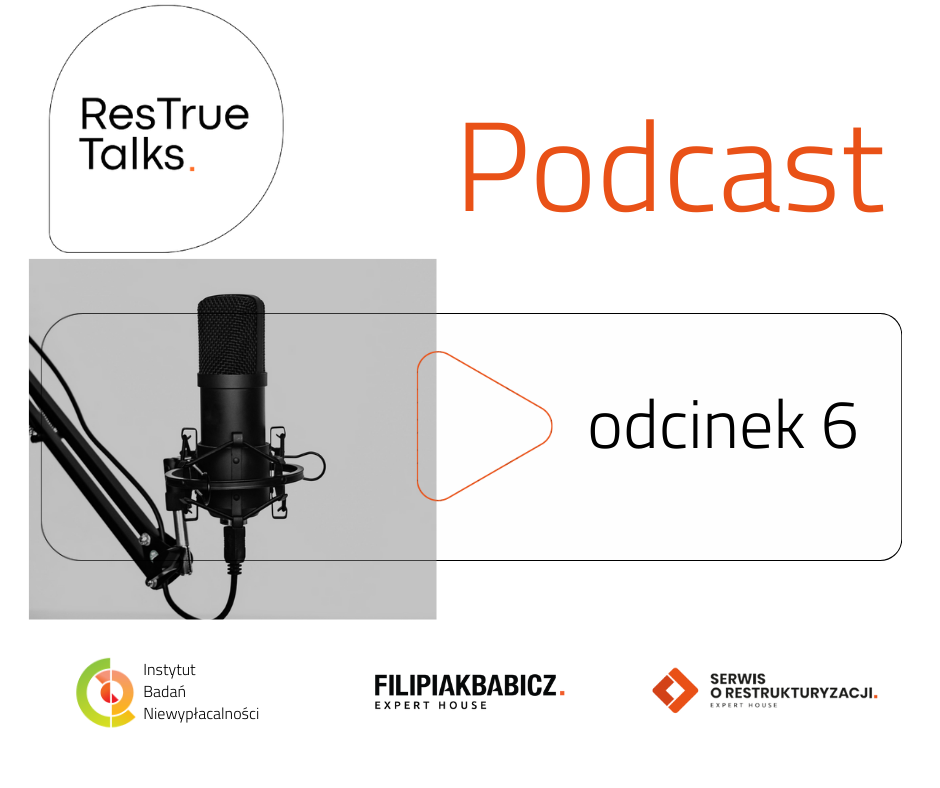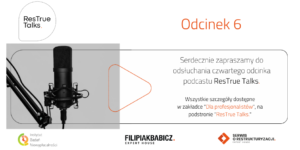
A conscientious account before filing a petition for bankruptcy, what the debtor should remember about. Part I.

The public’s awareness of bankruptcy institutions is becoming less and less “secret” year by year in our country. It can be assumed that more and more people hear from someone from their friends or family about the possibility of debt relief within the framework of consumer bankruptcy and, understandably, more and more willingly reach for this possibility. However, the very awareness of the possibility of filing a bankruptcy petition, assessed by the prospect of obtaining the desired debt write-off, may in the initial euphoria slightly blur the significance of the consequences of using this institution for the debtor or his immediate family members.
Deadline for filing an application
Certain insolvency law institutions are common both to debtors – natural persons (consumers, entrepreneurs, former entrepreneurs) and to debtors – legal persons. However, if for certain categories of debtors there is an obligation to file an application for bankruptcy within a specified period of time, then in the case of consumer bankruptcy, filing an application for bankruptcy is only a privilege of the debtor. Therefore, if the debtor has this comfortable opportunity to decide whether or not to apply and when he or she wants to, he or she should approach the case after a careful analysis of all the pros and cons in order not to make the application too hastily.
Inaffectiveness of activities
This is the institution of the so-called ineffective actions in relation to the mass of bankruptcy. It may turn out that some actions taken by the debtor, either in a specific time before filing a motion for bankruptcy or with specific persons, may prove ineffective in relation to the assets of the bankruptcy. What will this mean? Well, an act which is ineffective in relation to the bankruptcy estate will be treated by the receiver as if it had not been performed at all. Therefore, if a debtor, e.g. sells a car at an occasional price to his brother within 6 months before the date of filing a motion for bankruptcy, it is very likely that a judge-commissary will consider such an action ineffective in relation to the bankruptcy estate. This in turn will cause the car to be returned to the bankruptcy estate. If the car could not be returned (e.g. it would be destroyed), the debtor’s brother would have to return it in money. However, the obligation to transfer to the bankruptcy estate is mitigated by the possibility to pay, with the consent of the judge-commissary, the difference between the value of the benefit and its market value.
Activities against payment and unpaid
Similar situations occur in the case of paid or unpaid activities (this time regardless of who they were performed with). If the action was performed by the debtor within one year from the date of filing a motion for declaration of bankruptcy, however, if the benefit was paid for, such an action is ineffective, as regards which the value of the debtor’s benefit to a gross extent exceeds the value of the benefit received by him in return. However, in the case of this type of activity, it is no longer required that they be declared ineffective by the Commissioner’s judge, as they have this characteristic by operation of law. In this situation, the sale of a sample car at a price significantly different from the market price to a completely foreign debtor will create an obligation on the part of the buyer to transfer the car to the bankruptcy estate.













